MANUFACTURING
The challenge of globalization is to produce affordable consumer goods in factories where workers are safe and treated with dignity.
Manufacturing is a major source of employment around the world. Global supply chains link thousands of firms across cultural, political, and economic boundaries. In different industries – apparel, electronics, footwear, food, and toys, among others – the expansion of global supply chains has provided developing countries with much-needed investment, employment, technology, and access to international markets. At the same time, the social and environmental consequences of global supply chains have provoked significant controversies over the role of multinational brands and their local suppliers.
Diagnosing the Problem
Since 2014, we have published a series of reports documenting factory safety challenges and the true scope of the ready-made garment sector in Bangladesh. Our first report, Business as Usual is Not an Option, provided a diagnostic review of apparel manufacturing in Bangladesh following the collapse of Rana Plaza, which killed over 1,100 workers. In 2015, we published Beyond the Tip of the Iceberg along with an interactive map of factories, finding that more than half of all garment workers in the country, most in sub-contracting facilities, go uncounted.
In 2023, we released a new report entitled A Broken Partnership: How Clothing Brands Exploit Suppliers and Harm Workers – And What Can Be Done About It, which coincides with the tenth anniversary of the tragic Rana Plaza factory collapse in Bangladesh in 2013. In the decade since Rana Plaza, garment factory safety in Bangladesh has improved. But global apparel brands and retailers continue to exert unreasonable economic pressure on factory owners -- including reducing prices once production is underway and delaying delivery and payment -- which can create conditions that lead to reduced wages and benefits for workers. Based on on-the-ground interviews in Bangladesh, the new report explains how these purchasing practices became even more onerous during and after the COVID-19 pandemic and what can be done to reform them now.
In 2019, we expanded the scope of our apparel industry work with Made in Ethiopia: Challenges in the Garment Industry's New Frontier. This report analyzes the human rights consequences of low-wage garment factories and makes a series of recommendations for improving the lot of Ethiopian workers.
Identifying Solutions
In 2018, we published Five Years after Rana Plaza: The Way Forward. In it, we identified remaining gaps in factory safety and estimated the overall cost it will take to make the garment industry in Bangladesh safe. We proposed a shared responsibility model for addressing these gaps.
We are simultaneously working to develop metrics that would help investors identify and reward companies that ensure that workers making their goods are safe and reasonably paid.
Engaging Stakeholders
We are now working to bring governments, international donors, apparel companies, and local organizations together to develop a joint task force and to commit the additional funds that will be needed.






